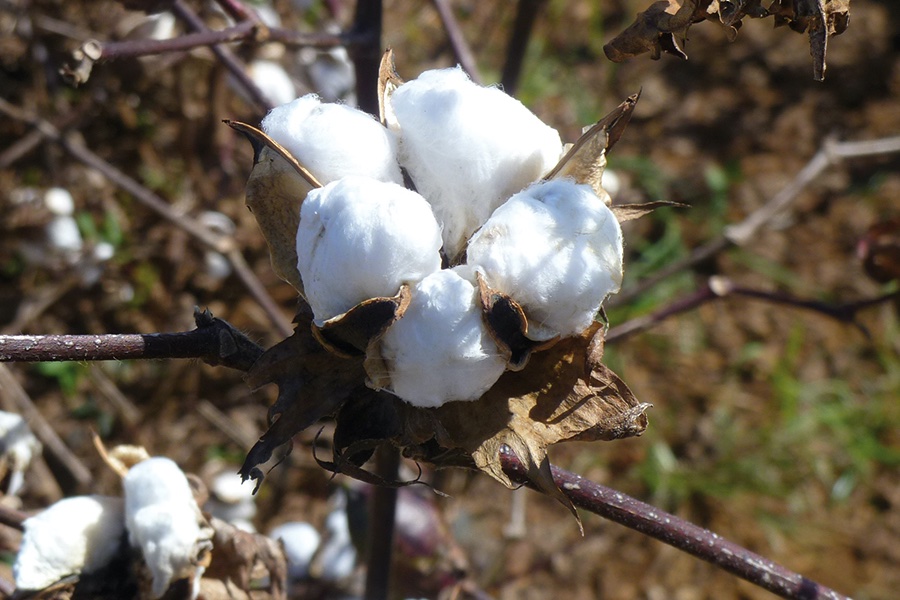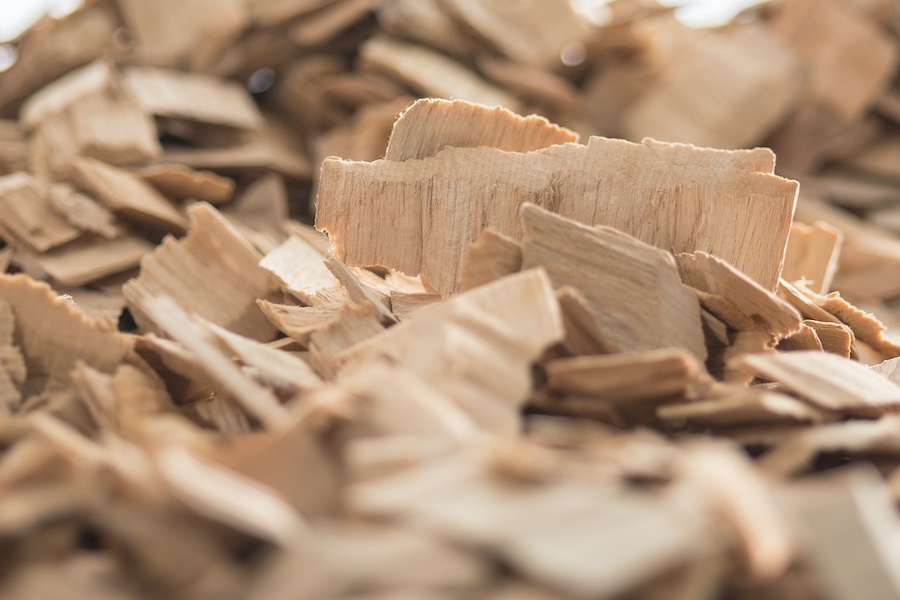#Raw Materials
Genetic engineering, robot technology, seed breeding, cotton cultivation, ginning
- Overview of the Status of Genetic Engineering
- Application of Robot Technology
- Pure Farming: Seed Breeding, Cultivation, Ginning
Bremen, the 3rd of February: the cottonseed as the raw material, the cultivation of cotton and its ginning are essential levers for increasing yields as well as quality, particularly against the backdrop of ecological, social and economic sustainability. Genetic engineering is controversially discussed in Europe. The top innovation in the agricultural sector is not to be omitted: robot technology on the field. You can find these topics at the upcoming International Cotton Conference from 25th to 27th March in the historic Town Hall of the Hanseatic city Bremen.
Development of Yields of Transgenic Seeds in Long Term Survey
David Albers, Product Development Manager for Bayer Crop Science in St. Louis, Missouri, USA, will inform about the results of a US long-term study on the use of cottonseed varieties from the Deltapine product line. As part of a comparative study based on data collections from 1980 to 2019, that is a period of almost 40 years, the realised results for yields and fibre quality from the use of the Bayer Crop Science products are introduced. The study compares the results from the eighties, that is just before the introduction of transgenic seeds, with those from the decades using continuously developed transgenic seeds. Let’s wait for the result.
Robot Technology Determines Modern Agriculture
Professor J. Alex Thomasson is professorial chair for cotton production technology, ginning and mechanisation at the Texas A&M University. In his speech “Robot Technology for the Cotton Harvest” he will introduce examples of applications with which the cotton harvest can significantly be improved using robots for higher productivity. For example, harvest robots can execute numerous harvesting processes within the growing season in which exclusively the mature, opened cotton bolls are accessed. This reduces crop losses and ensures better fibre quality by avoiding weathering of the plants. In addition to the use for harvesting, several posters will also show further applications, like weeding, during the conference. Economic as well as ecological advantages?
Avoiding Plastic Contaminations in Cotton
The detection and removal of plastic during the ginning process are essential points in Greg Holt´s presentation. He is research leader of the cotton production and cotton processing research unit at the US Department of Agriculture in Lubbock, Texas. During the mechanical harvesting, cotton is more and more often wrapped in round modules made of plastic and then placed in the field. Examinations by the USDA have shown that this packing method is one of the main sources of pollution of fibres with plastic particles, which are hard to detect. They cause deficiencies in dyeing yarns and fabrics and thus lead to complaints in fabric appearance. The methods for solving these problems and their results will be introduced in the speech.
Focus on India´s Cotton Production
With his speech, Akhil Kakkirala directs the sights at aspects of cotton production in India. He is a partner at the Kaveri Business Group based in Hyderabad, South India, one of the leading ginning companies in the country. The Kaveri companies gin cotton from different regions in India and sell to spinning mills in the country. Compared to worldwide cultivation methods, Akhil Kakkirala introduces India´s cultivation methods. Using analysis findings, he will show why the yields are comparatively low. He will address ginning quality and problems of contamination and give reasons for quality variations. Does the blockchain help here?
Gaylon Morgan, director of agricultural and environmental research with Cotton Incorporated, Carry, North Carolina, USA, is a proven expert for the advancement of cotton growing methods and will lead the conference session “Breeding, Production, Ginning”. The almost two hour session takes place on Thursday, 26th March.




canva-900-1-1-1.jpg)

canva-900-1.jpg)









